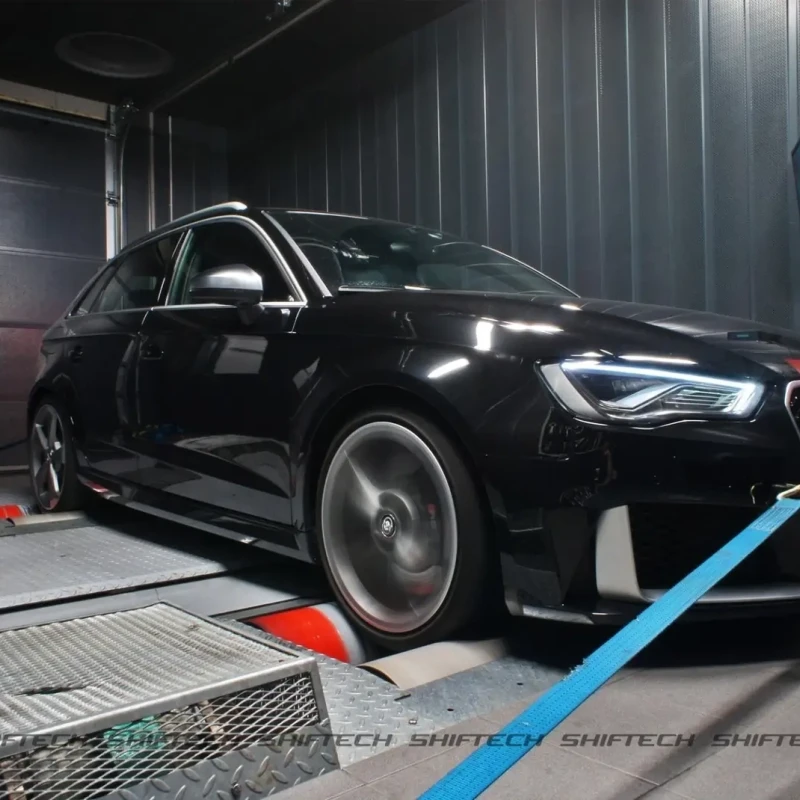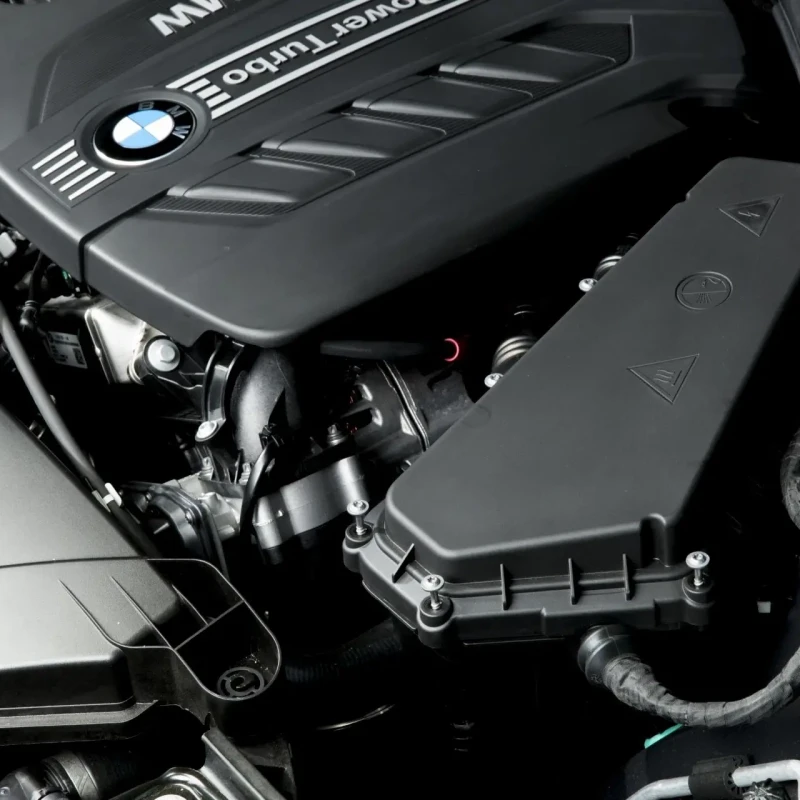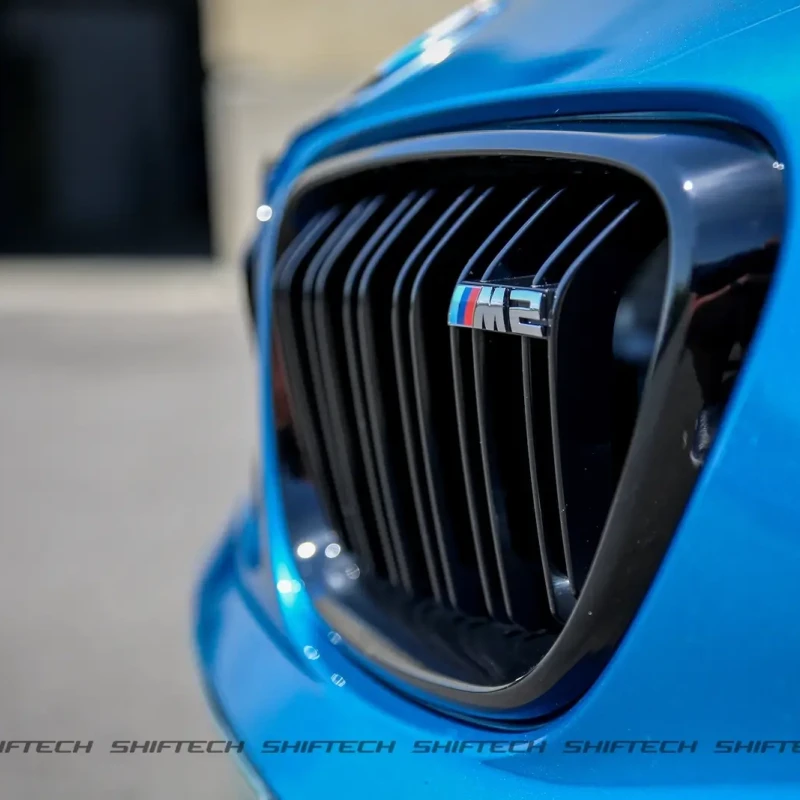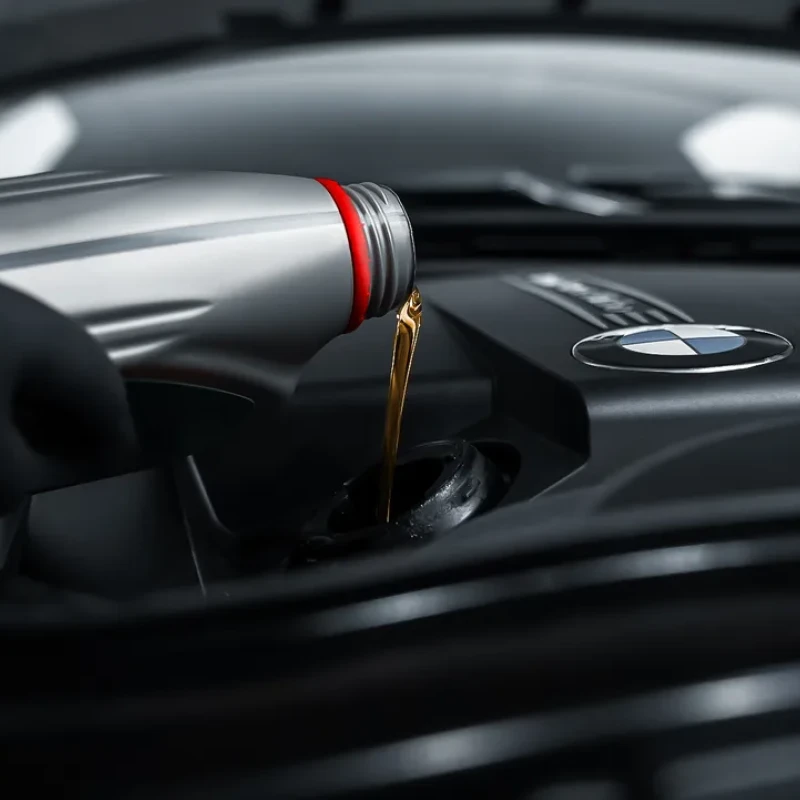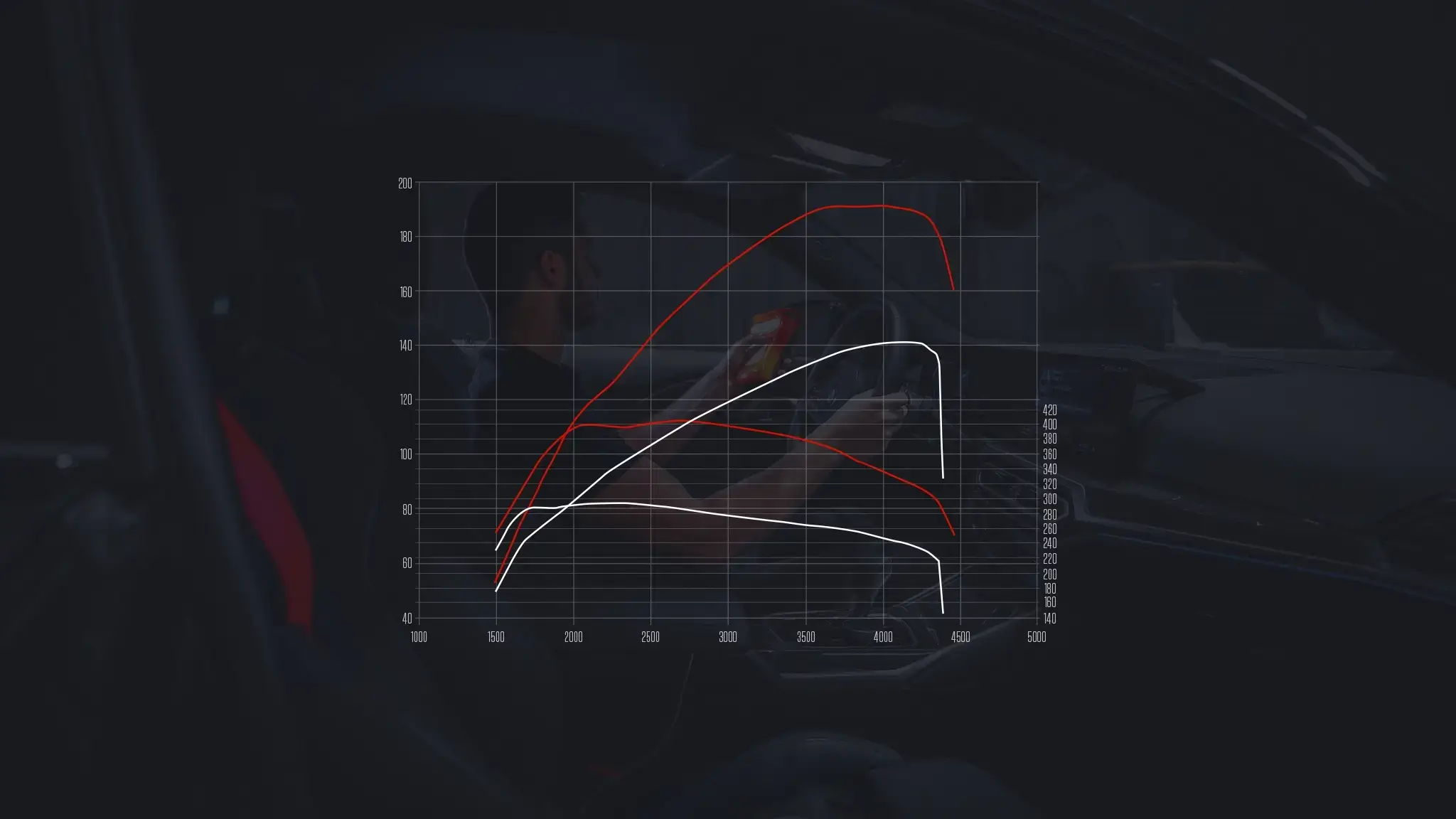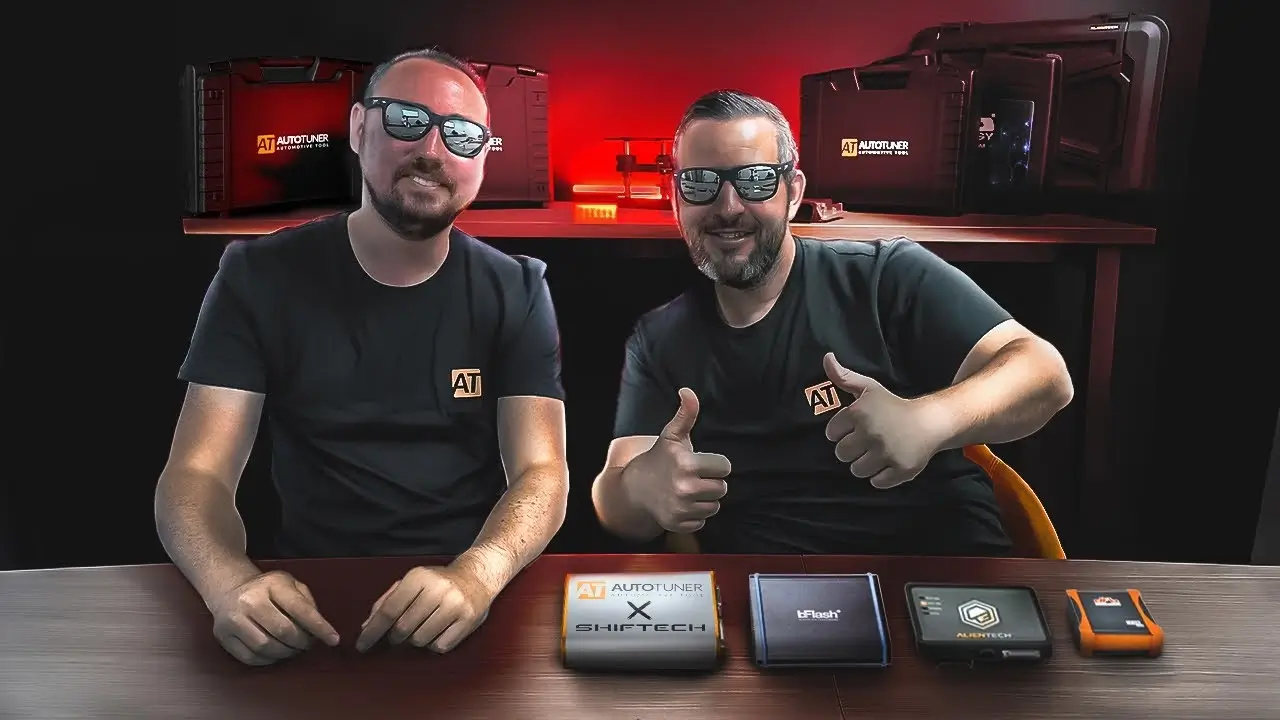
How do I tune my vehicle?
With the evolution of technology and manufacturers' perpetual quest for performance, the automotive industry and especially engine reprogramming have seen their landscape evolve both mechanically and electronically.
Médéric and Nicolas take us throughthe different engine ECU reprogramming tools on the market. They explain the differences between them and tell us about the technological developments that have taken place since their inception. If you're wondering how to reprogram a car, whether petrol or diesel, you'll find the answer in this article. Engine reprogramming will no longer hold any secrets for you!
As a bonus, you can watch the video at the end of the article.
Key facts:
- when the automobile was created, the engine control unit did not exist.
- Carburettor engines were replaced by electronic injection systems.
- EPROM ECUs marked the beginning of modern engine reprogramming.
- The OBD2 plug standardised vehicle diagnostics and reprogramming.
- AutoTuner revolutionised engine reprogramming with its data logging function and simplified operation.
- The reprogramming of electric vehicles opens up new possibilities for personalisation.

The history of engines and ECUs
To understand the development of ECUs, it is essential to go back to the origins of internal combustion engines. The first internal combustion engine, often attributed to Carl Benz, developed just 0.9 horsepower. Since then, engines have undergone a dazzling evolution, as we all know.
From carburettor engines to fuel injection systems
Carburettor engines marked their era. They allowed air and fuel to be mixed before being admitted into the cylinders. However, these systems were complex and required precise manual adjustments.
Over time, mechanical injection systems took over. These systems, such as K-Jetronic and L-Jetronic, brought greater precision to the management of the air-fuel mixture, improving engine performance and efficiency.
The evolution of injection systems
The development of injection systems was a decisive turning point for the automotive industry. Mechanical systems gradually gave way to electronic systems, which offered better engine management and optimisation.
Mechanical injection systems
The first injection systems, such as K-Jetronic, used mechanical components to dose the fuel. Although more precise than carburettors, they still required manual adjustments and were sensitive to variations in temperature and pressure.
The advent of electronic systems
With the arrival of electronic fuel injection systems, such as Motronic, a new era began. These systems used computers to manage fuel injection, offering unprecedented precision and adaptability.
The ECUs allowed the air-fuel mixture to be adjusted automatically according to various parameters, such as temperature, atmospheric pressure and engine load. This led to a significant improvement in performance, fuel efficiency and pollutant emissions.
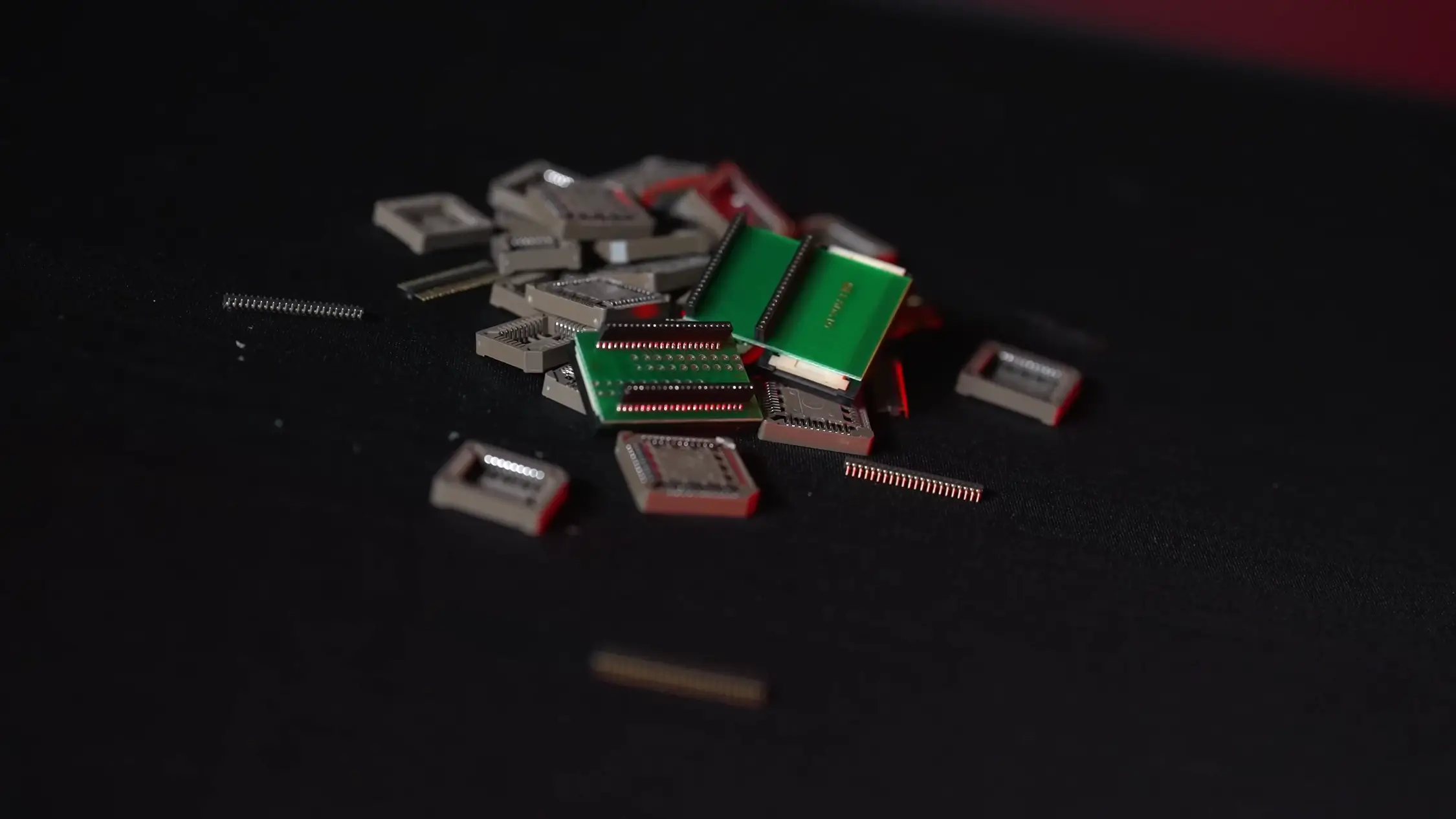
The first EPROM computers
Before the advent of modern ECUs, the first ECUs used EPROMs (Erasable Programmable Read-Only Memory) to store engine data. These chips were revolutionary at the time, enabling engines to be reprogrammed to improve their performance.
EPROM technology
EPROMs were memory chips that could be erased and reprogrammed using UV light. This process made it possible to modify engine parameters such as ignition timing and the amount of fuel injected.
The challenges of the time
Reprogramming EPROM ECUs was not without its challenges. Technicians often had to unsolder the chips, erase them with a UV lamp and reprogram them with new parameters. This required advanced technical knowledge and the right equipment.
Despite these challenges, EPROM ECUs ushered in a new era ofengine customisation andoptimisation, laying the foundations for the modern engine reprogramming systems we use today.
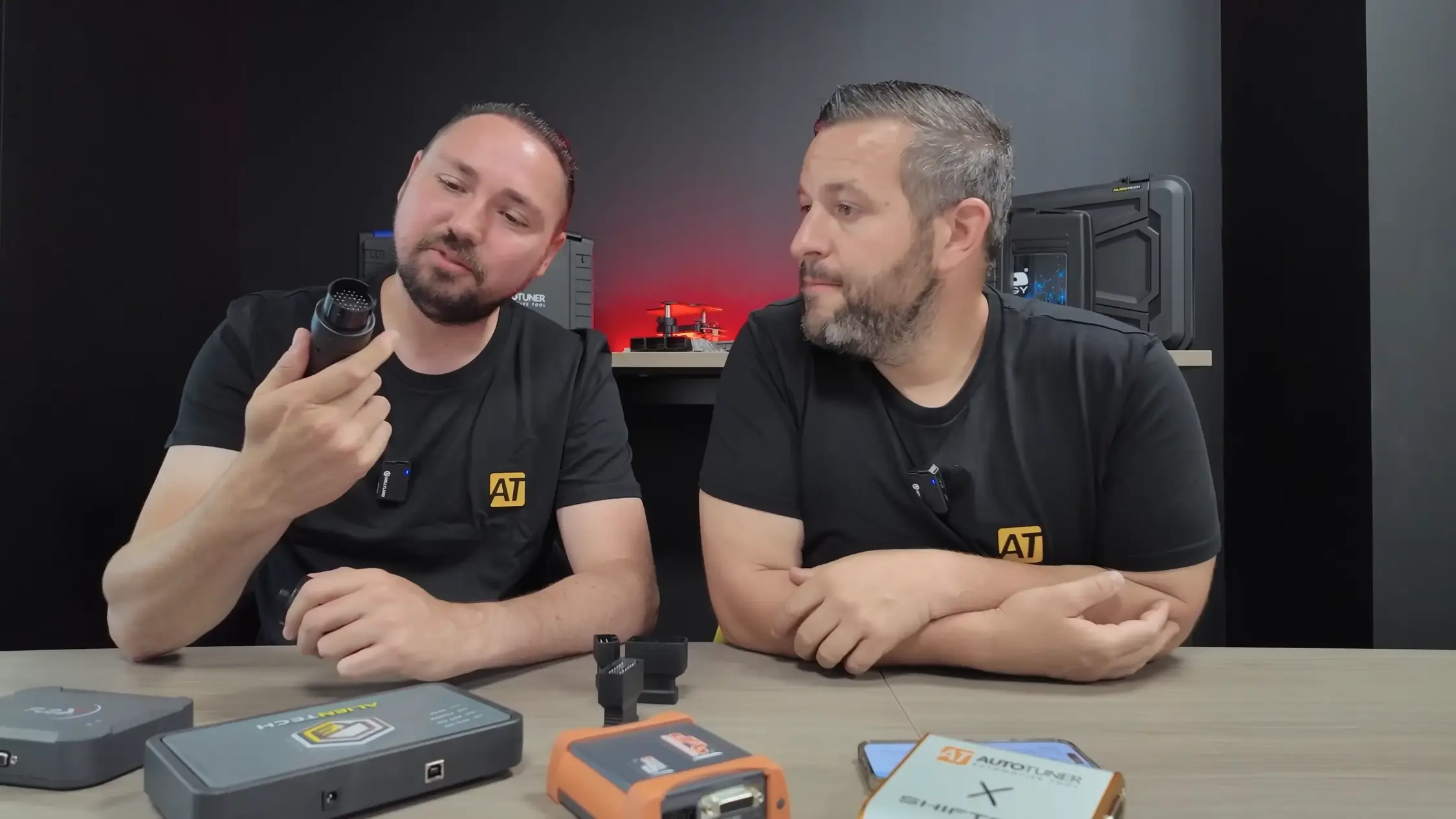
The arrival of the OBD socket
With the rise of fuel injection ECUs, OBD (On-Board Diagnostics) sockets became essential for diagnosing and reprogramming vehicles. Each manufacturer had its own format, making things complex and not very standardised.
The first generations of OBD
The first generations of OBD sockets were specific to each manufacturer. For example, on a Golf 3 VR6, there was a black socket and a white socket with a few wires. These early plugs were mainly used for basic diagnostics and were far from universal.
The OBD2 revolution
The arrival of the OBD2 socket in the early 2000s completely changed things. This standardised plug enabled not only diagnostics, but also the reading and writing of ECU data. It made reprogramming more accessible to professionals and less'underground'.
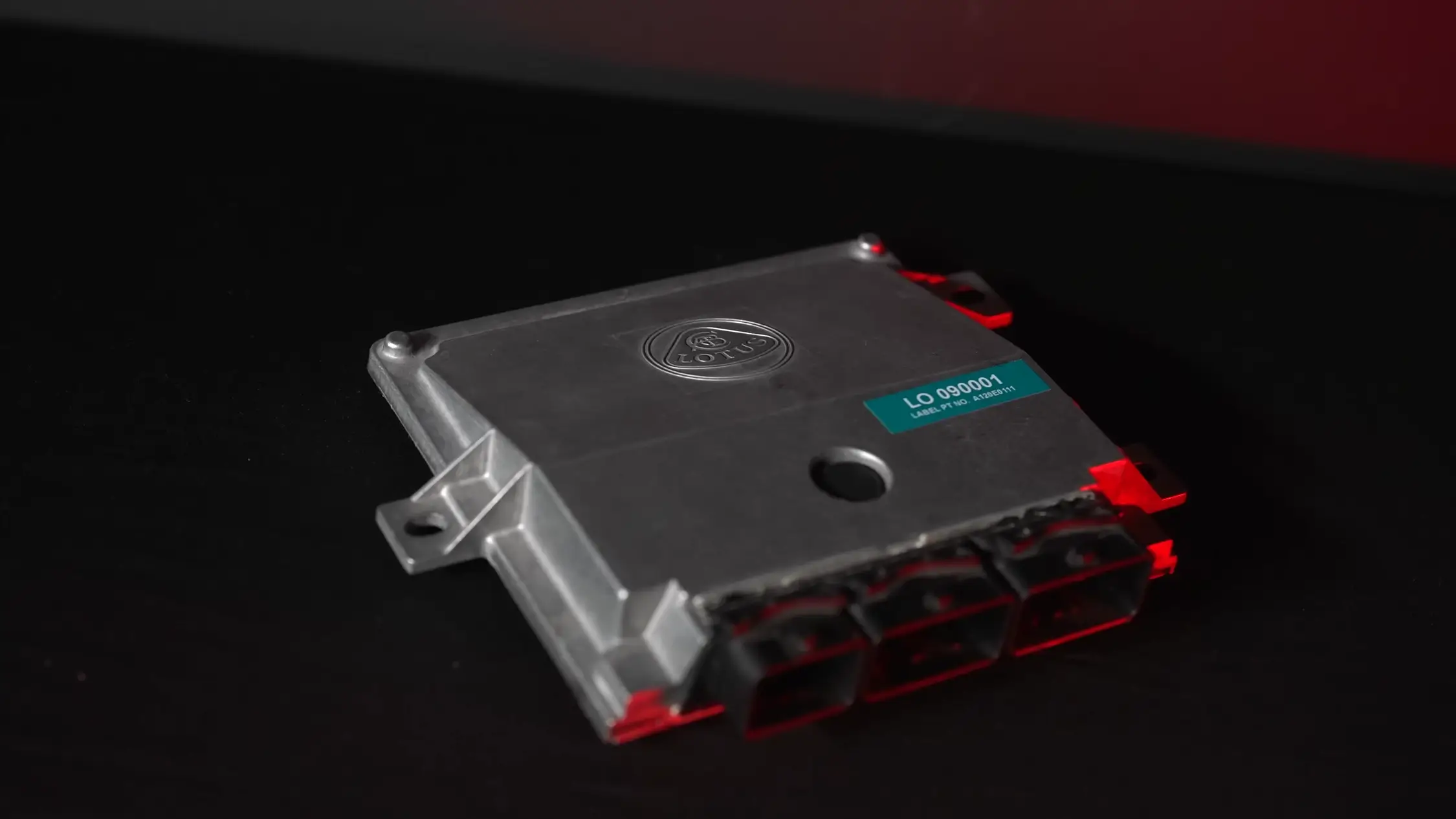
The different reprogramming tools
Vehicle reprogramming requires specific tools capable of reading and writing ECU data. These tools have evolved over the years, offering ever greater functionality and ease of use.
Historical tools
In the early days, tools such as the CMD were widely used. They made it possible to read and write ECU data via the OBD socket or by opening the ECU to access the motherboard directly, using the'Boot' method
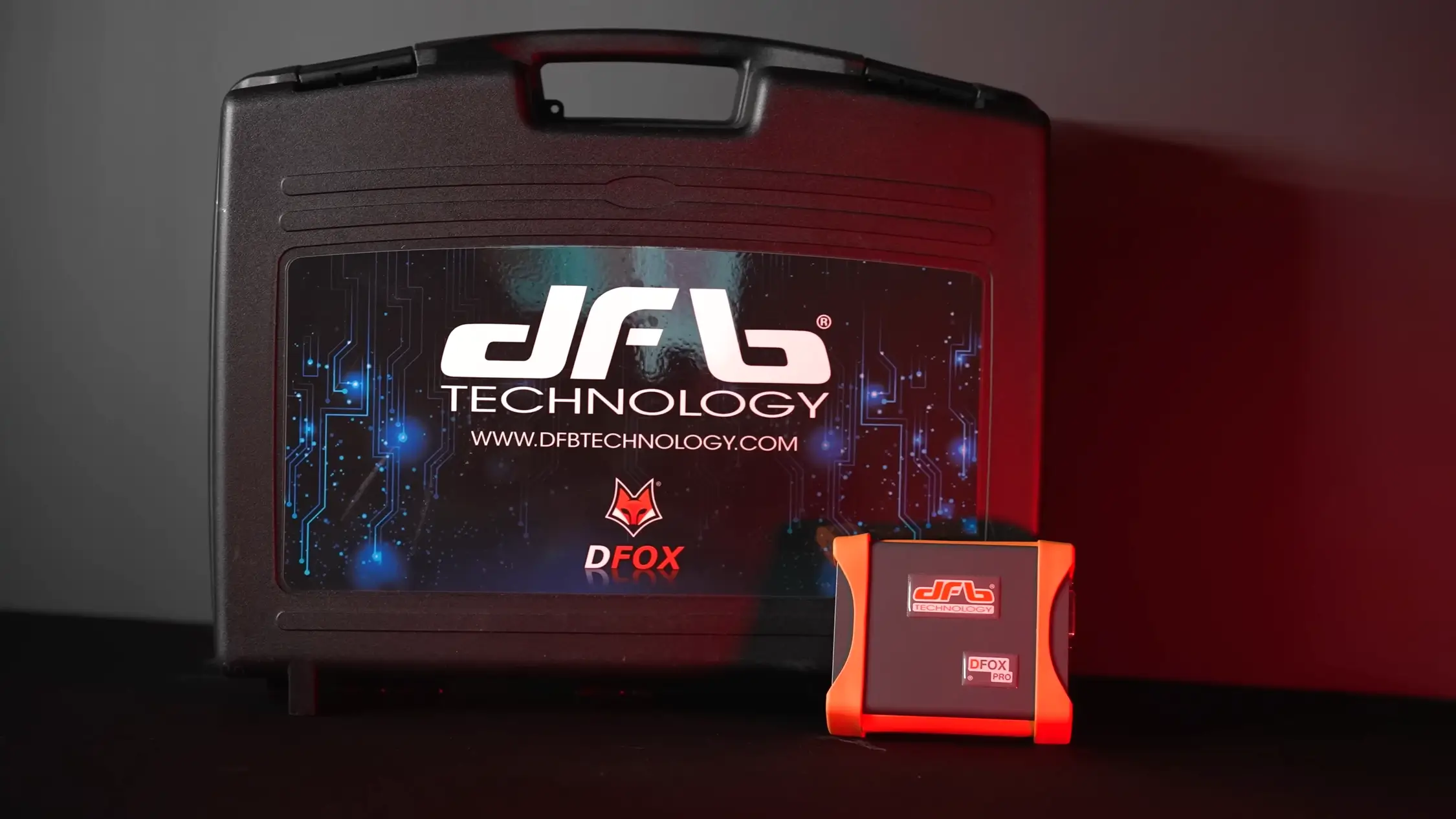
Modern, specialised tools
Today,there are a multitude of reprogramming tools, each with its own strengths and weaknesses. For example, Dfox is used for agricultural vehicles and trucks, while Flex is often used for Japanese cars. The Autotuner, on the other hand, is renowned for its ease of use and speed.
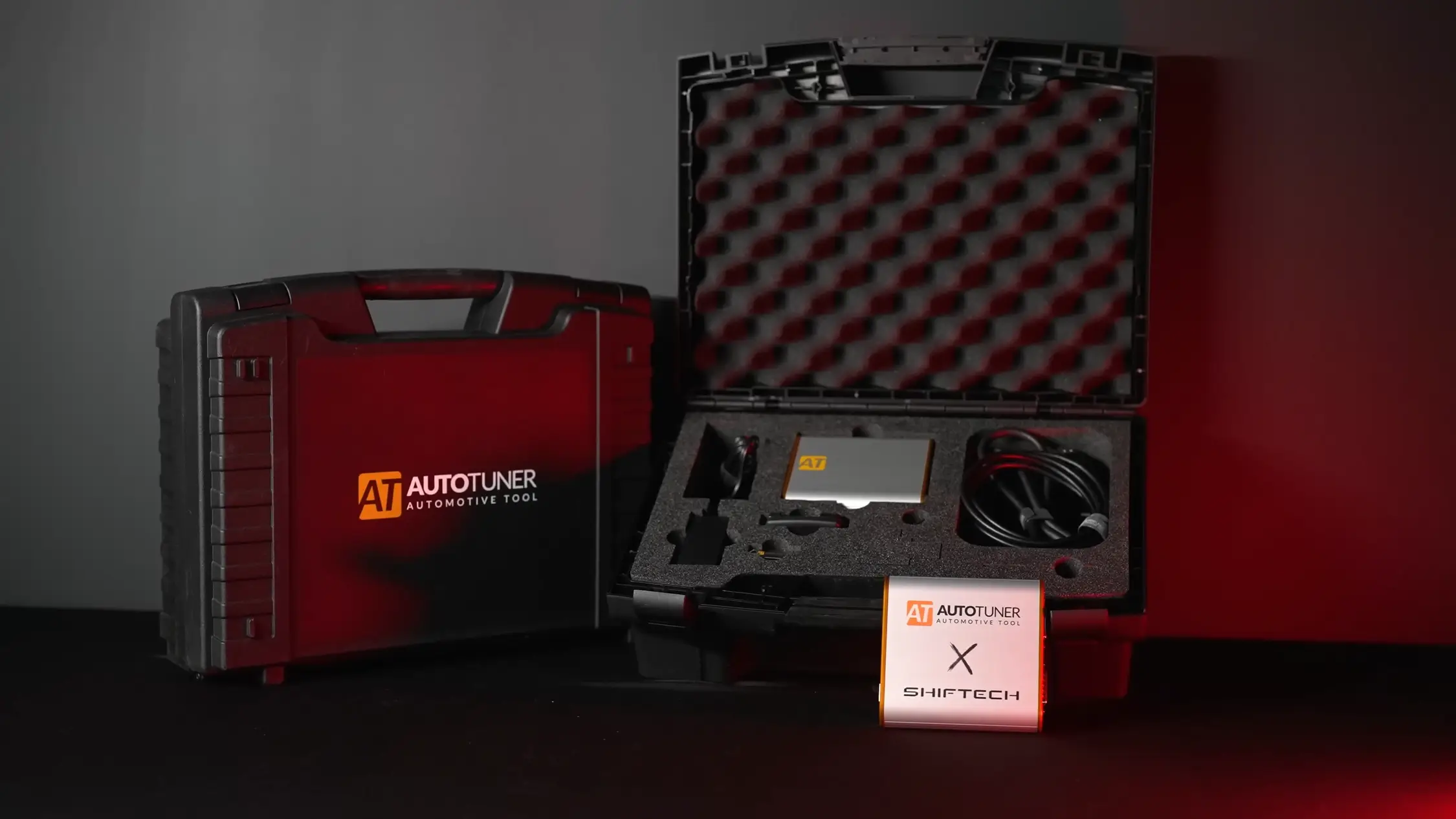
The AutoTuner story
AutoTuner is a reprogramming tool that stands out for itsinnovationand ease of use. It was developed by the creators of Shiftech, bringing unique expertise to the market.
The beginnings of AutoTuner
AutoTuner was launched in 2014-2015. From the outset, it stood out for its intuitive user interface and fast performance. Unlike other tools, it didn't require long minutes to get up and running, and enabled calculators to be read and written quickly.
Innovations
AutoTuner introduced a number of innovations, including the ability to perform data logging, which was revolutionary at the time. It also enabled reprogramming without subscription and with free updates, which turned the market on its head.
A fruitful collaboration
Shiftech has always been close to AutoTuner, even contributing to the development of certain features. AutoTuner's creators, being the same as Shiftech's, were well aware of the needs of the market and were able to respond effectively.
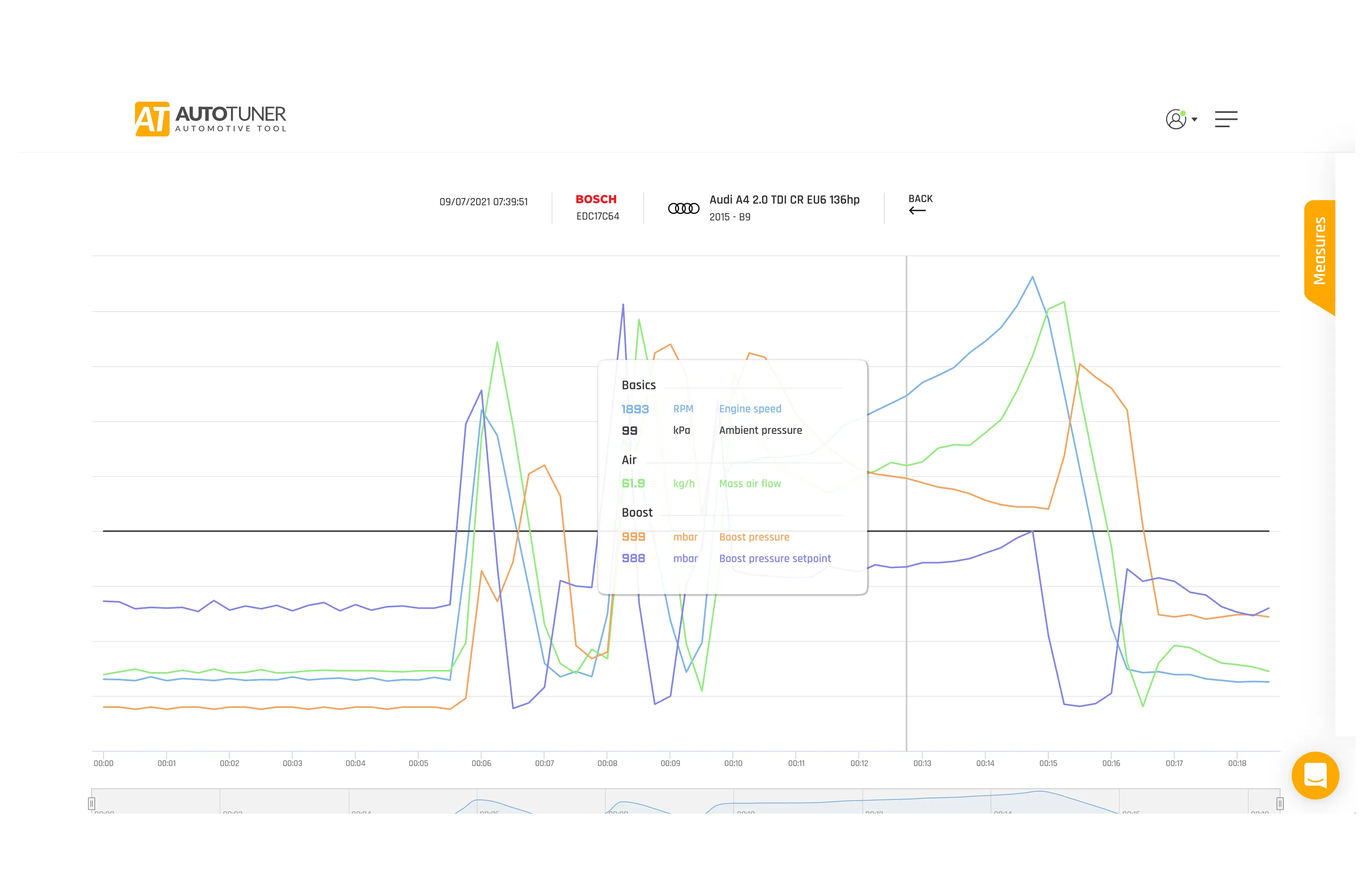
Data logging with AutoTuner
AutoTuner has revolutionised the world of reprogramming by introducing data logging functionalities. This innovation has enabled reprogrammers to collect and analyse data in real time, providing a better understanding of vehicle performance.
A unique innovation
AutoTuner is the only tool on the market to offer data logging for specific ECUs. For example, on the new 1.3L TCE ECUs, it can monitor parameters previously inaccessible to tuners.
Ease and efficiency
Thanks to AutoTuner, it is no longer necessary to go through complicated Excel files to analyse the data. The tool offers an intuitive interface where all the information is directly available and easy to interpret.
The evolution of data logging
Before the arrival of these modern tools, the first logs were done manually, often in 2009, with CSV files full of figures. Today, AutoTuner simplifies this process, allowing technicians to concentrate on optimising vehicle performance.
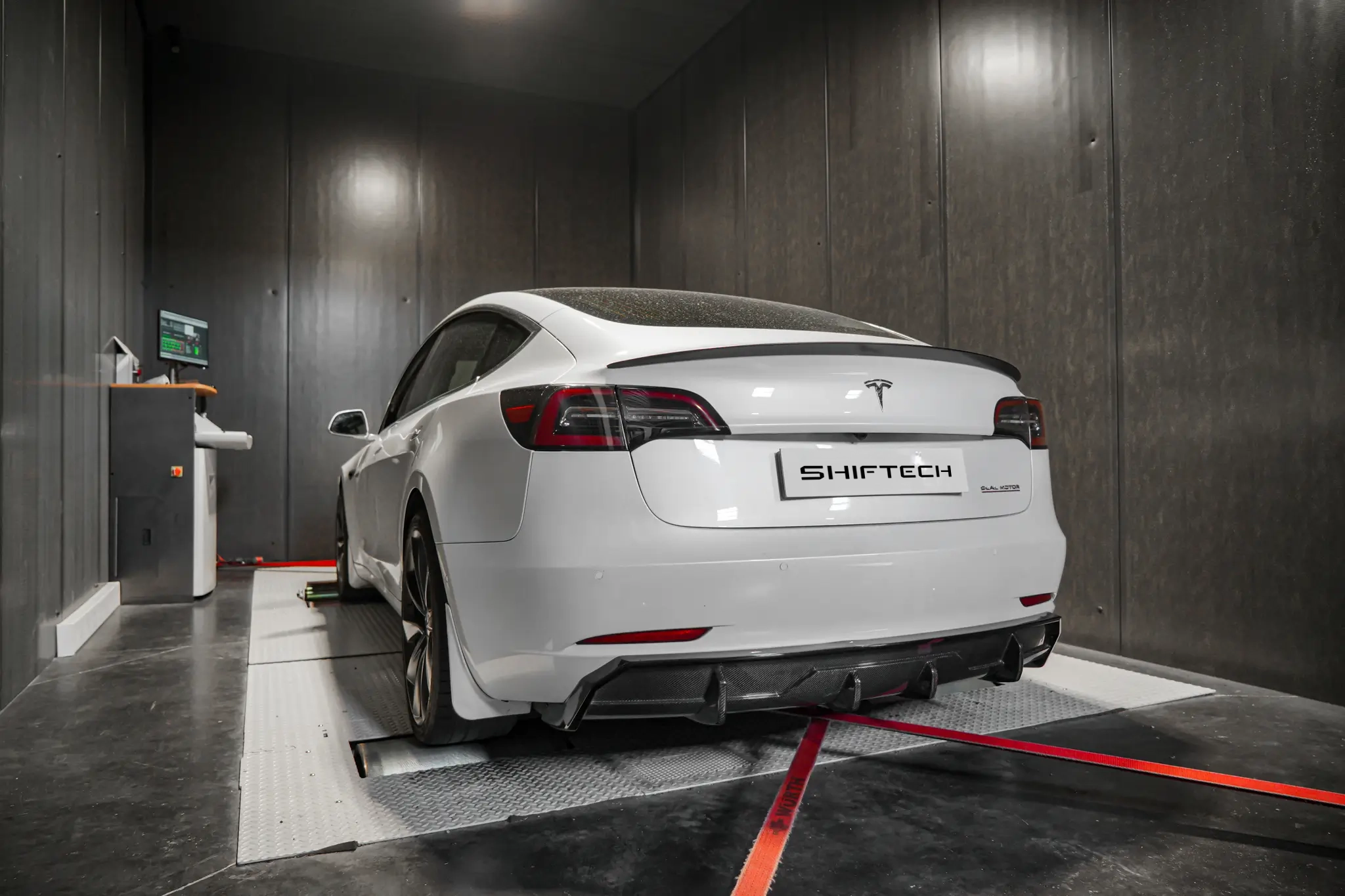
Reprogramming for electric cars
With the rise of electric vehicles, reprogramming them is becoming a new playground for tuners. AutoTuner is already working on solutions tailored to this fast-growing market. Tesla processors or other vehicles in the category? Stay tuned, we hope to see a breakthrough soon.
Similar technology to combustion engines
The reprogramming of electric vehicles is based on principles similar to those of internal combustion engines. Electric motors have temperature safety devices and energy deployment thresholds that can be optimised.
A promising electric future
Electric vehicles, although different in terms of their energy source, offer numerous possibilities for personalisation. AutoTuner is developing protocols for these vehicles, opening up new prospects for the electric car industry.
The changing market for engine reprogramming
With the rapid sharing of information and the constant evolution of technologies, the world of reprogramming for electric vehicles promises to be dynamic and rich in innovation in the years to come.
Conclusion
The evolution of engine reprogramming clearly highlights technological innovation in the automotive industry. From the first internal combustion engines to modern electronic fuel injection systems, each stage has brought improvements in terms of performance, fuel efficiency and reduced pollutant emissions.
Today, tools like AutoTuner are further revolutionising the field with advanced features such as data logging, making reprogramming more accessible and more precise.
The future looks bright with the rise of electric vehicles, offering new opportunities for tuners to push back the boundaries of performance and optimisation.
Learn more
View articles
Similar

